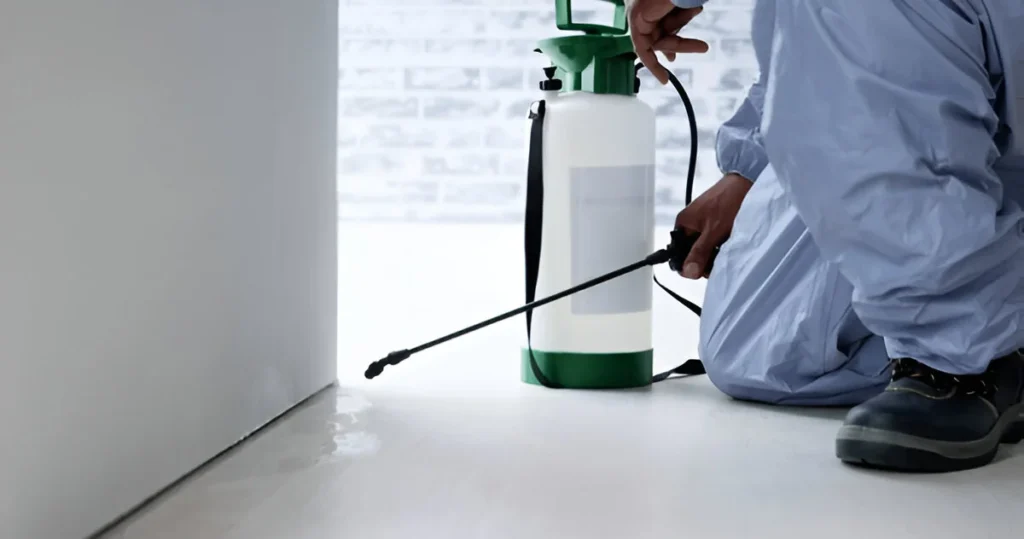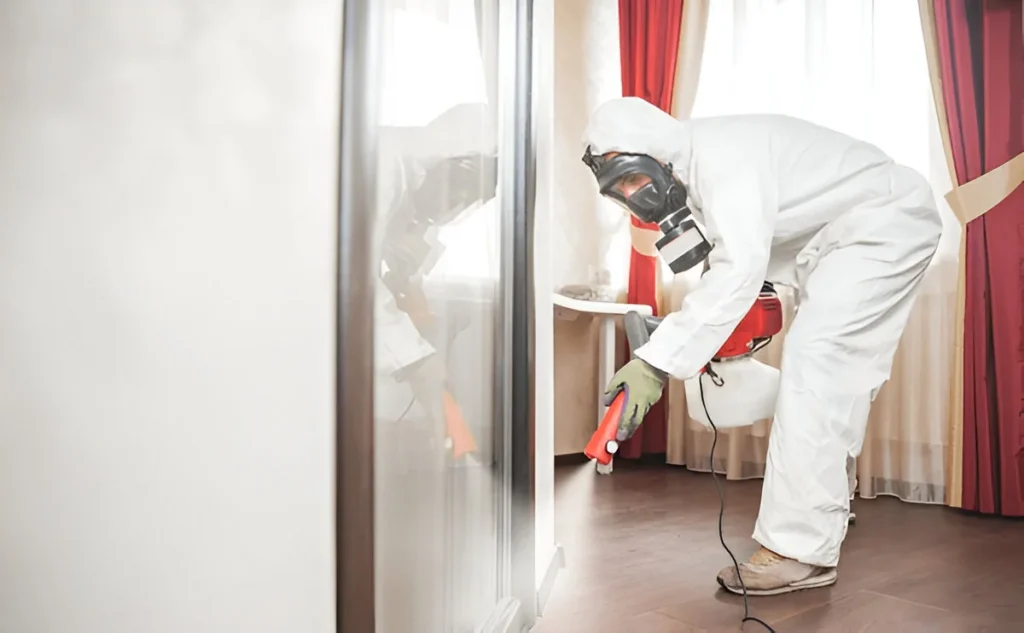-
Govind Bhawan,Kolkata - 700001
Govind Bhawan,Kolkata - 700001

Learn why regular pest control saves money long term and how the Best Pest control Company In Kolkata explains the financial and health benefits of prevention.
Most homeowners delay pest control until the problem becomes too obvious to ignore. By then, pests have already caused damage to furniture, wiring, food supplies, and even health. Repairing these issues is often far more expensive than routine preventive care. That’s why experts highlight the importance of proactive pest management.

Preventive pest control may seem like an additional expense at first glance, but in reality, it reduces unexpected costs down the line. Just like routine car maintenance prevents major breakdowns, regular pest inspections and treatments keep your home or office safe from expensive infestations.
Here are some examples of how pests silently drain your wallet:
Waiting for pests to appear means you’re already late. Prevention works by:
This proactive approach translates into healthier living spaces and lighter long-term expenses.
When analyzed closely, preventive pest control offers clear financial advantages:
Ignoring these signs allows pests to multiply rapidly, turning minor problems into major financial setbacks.
Pest infestations don’t just affect your wallet; they also compromise peace of mind. Consistent pest management ensures:

Q1. Is regular pest control necessary even if I don’t see pests?
Yes, pests often hide and multiply in unseen areas. Prevention is always more cost-effective.
Q2. How often should I schedule pest control?
Typically, every 3–6 months depending on your environment and pest risks.
Q3. Does preventive pest control cost more than one-time treatments?
No. One-time treatments for severe infestations usually cost much more.
Q4. Can pest control really improve property value?
Yes. A pest-free property is more attractive to buyers and tenants.
Q5. Are preventive treatments safe for kids and pets?
When done professionally, yes. Modern treatments use safe, eco-friendly methods.
Regular pest control is not an expense—it’s a long-term investment in your home, health, and finances. By preventing damages and avoiding surprise medical bills, it delivers both comfort and savings. A simple commitment to routine care can keep your space secure, fresh, and financially stress-free.